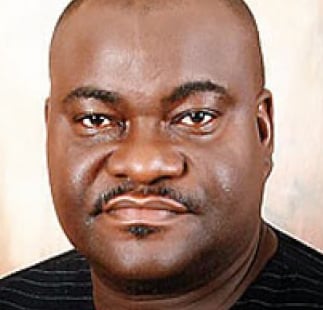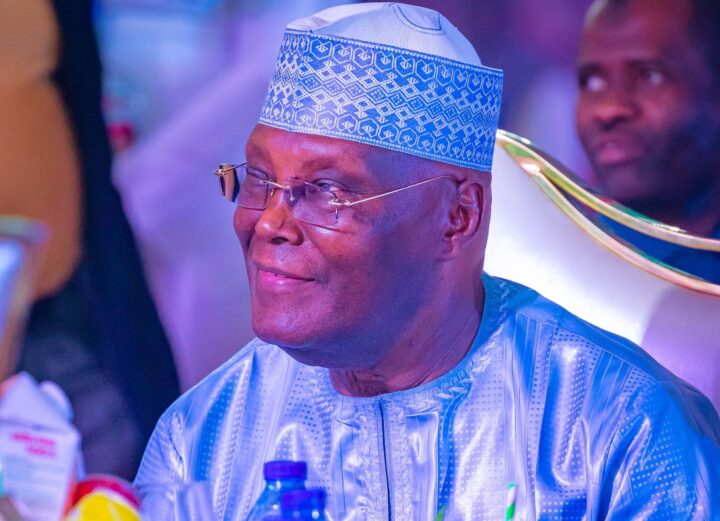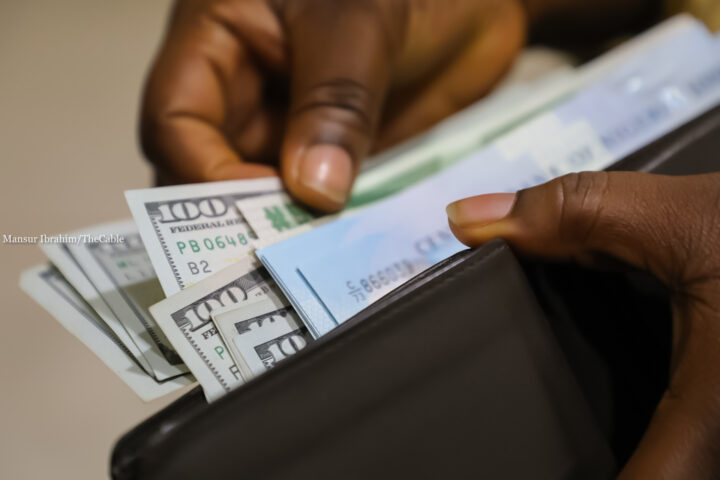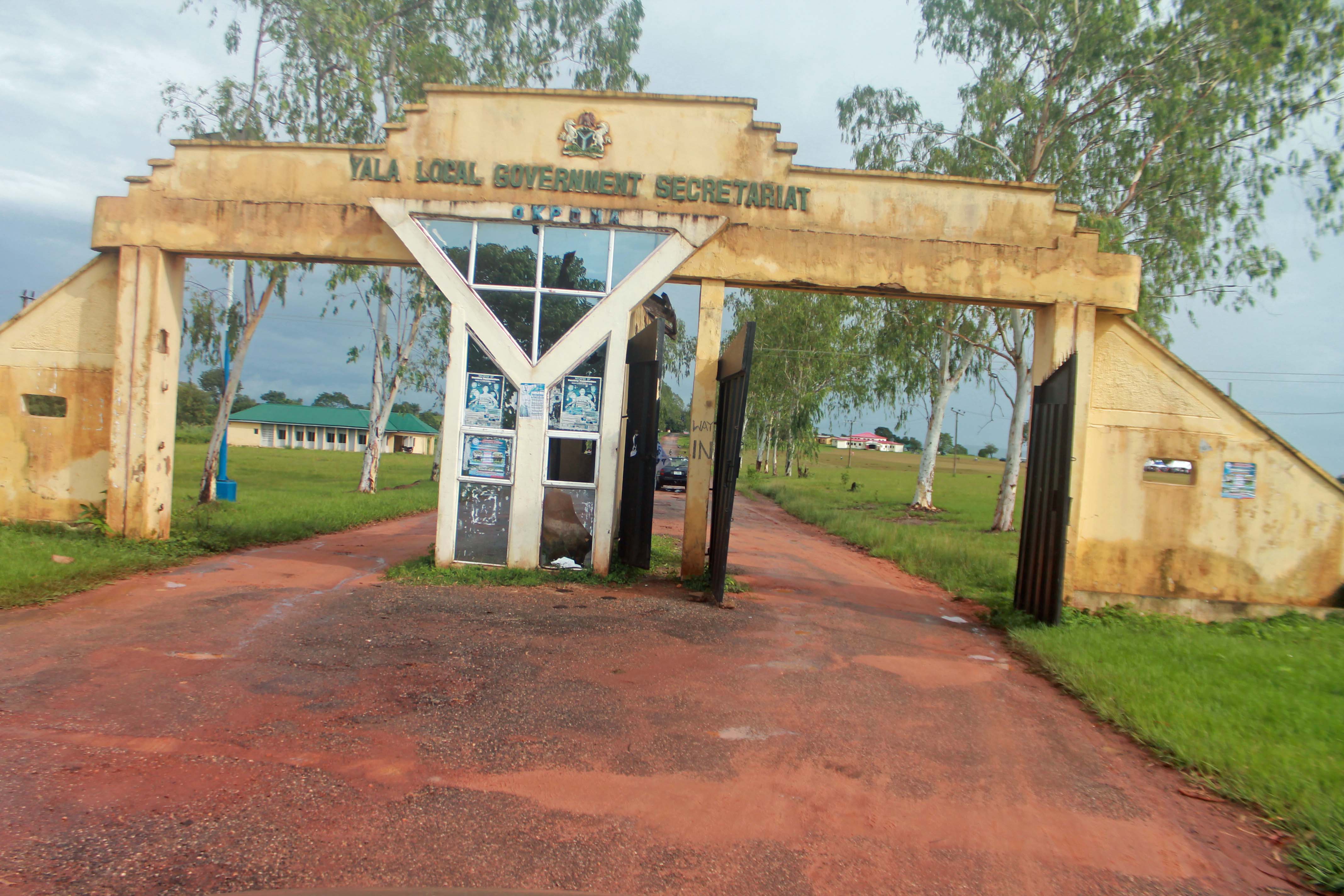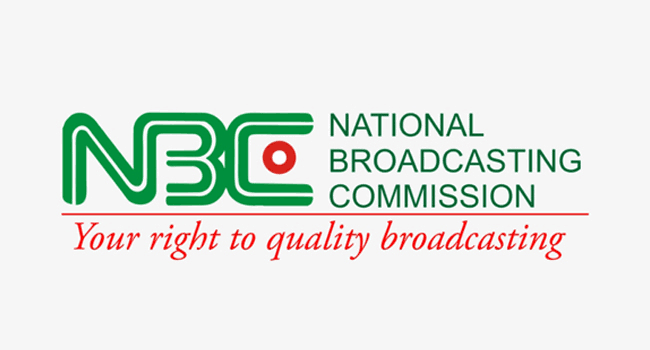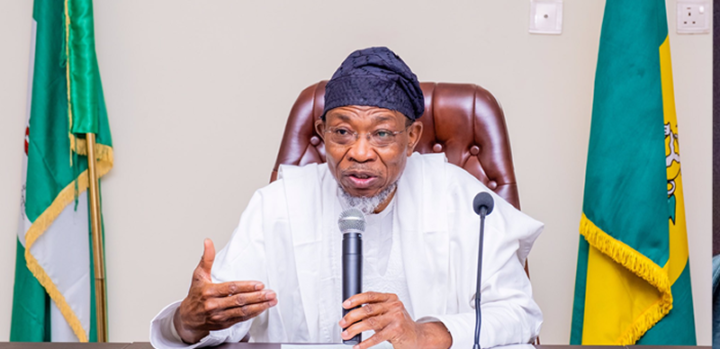By some prodigious coincidence, this year 2023 makes one full decade of the publication of a compendium on groundbreaking constitutional litigations filed by former Vice President Atiku Abubakar. Titled ‘Landmark Constitutional Law Cases in Nigeria: 2004 – 2007: The Atiku Abubakar Cases’, the book was authored by Maxwell Michael Gidado, PhD, SAN and Chudi Nelson Ojukwu. It was released in 2013, six years after Atiku completed his second term in office as the first Vice President of Nigeria’s Fourth Democratic Republic.
The relevance and profundity of the effort are accentuated by the fact that no less a jurist of the class of the Honourable Justice Dahiru Musdapher (GCON) graciously signed the foreword to the book. Now of blessed memory, Musdapher was the Chief Justice of Nigeria (CJN) from August 2011 to July 2012. In a locale where otherwise revered jurists departed office in an admixture of dust and mud, Musdapher continues to be celebrated posthumously.
Gidado and Ojukwu assembled in this book, landmark judgments in seven cases instituted by Atiku between 2004 and 2007, in his second term as the nation’s number two citizen in the Olusegun Obasanjo/Atiku Abubakar presidency. Political historians recall that those were testy years for Nigeria’s teething democracy. The president launched a multipronged assault on the office and person of his deputy. Governance took a major hit no thanks to the festering, distracting debacle between both political heavyweights. It has been serially suggested that the leadership curse which has befallen Nigeria since 2007 is a direct spinoff of those topsy-turvy years of avoidable high stake political fisticuffs. The strong and resilient Obasanjo/Atiku ticket which steered the country to economic resurgence and global readmission and adulation gave way to a rapid cascade down the valley. This was accentuated under the superintendence of the bland and blank, distant and disinterested epoch of Muhammadu Buhari.
It is apposite to revisit Atiku’s legal contestations and triumphs, as captured in the publication under review released one full decade ago, against the backdrop of the goings-on at the Presidential Elections Petitions Tribunal (PEPT). The book under inquisition as we noted earlier was published in 2013. Here we are in 2023. The book encapsulates judgments which have since become locus classicus in Nigerian jurisprudence. All the seven cases captured in the book were resoundingly won by Atiku. The future is pregnant.
Advertisement
Following manifest irregularities and glaring electoral frauds, forgeries and falsification which characterised the February 25, 2023, presidential election, Atiku has since filed for judicial mediation. His prayers among others include the disqualification of the winner of the poll as declared by the Independent National Electoral Commission (INEC), Bola Tinubu, who was inaugurated as president a few weeks back. Atiku is also pressing for the removal of the incumbent national helmsman on the grounds that he, Atiku, won the clear majority of validly cast votes.
Atiku’s legal team reads like the “Who’s Who” in Nigeria’s legal firmament. They include: Joe-Kyari Gadzama, OFR, MFR, FNIALS, FCIArb, C.Arb., SAN; Chris Uche, FCIArb, SAN; Paul Usoro, FCIArb, SAN and Saka Abimbola Isau, SAN. There are also Eyitayo Jegede, SAN; Mike Ezekhome, CON, OFR, FCIArb, PhD D.Litt., SAN; Nella Andem-Ewa Rabana, FCIArb, SAN; Ken E. Mozia, SAN and Garba Usman Tetengi, PhD, MDRI, mni, SAN. Others include Mahmud Abubakar Magaji, SAN; Joe Abrahams, SAN; A.K. Ajibade, FCIM, FICMC, SAN; Abdul A. Ibrahim, SAN; Olalekan Ojo, SAN and Paul Harris Ogbole, SAN. The very formidable team equally features Maxwell Gidado, PhD, SAN; Olusegun O. Jolaawo, SAN; O.M. Atoyebi, FCIArb (UK), SAN; Nureini S. Jimoh, FCIArb, FICMC, SAN; Kemasuode Wodu, SAN and Yakubu Maikasuwa, SAN.
Andrew M. Malgwi leads a long list of other very learned and experienced attorneys who are involved in the Atiku presidential petition. They include Ifeanyi Iboko; Yusuf Dankofa, PhD; M.S. Atolagbe; O.A. Dada; Abdulazeez A. Ibrahim; Jamiu Olabode Makinde; Ahmed T. Uwais; Adedamola Fanokun and Silas Onu. Also on the Atiku matter are Bashir Faisal Folorunsho; Jacob Ochai Otakpa; Priscilla Ejeh; Falilat Olajumoke Olawoyin and Nheoma Ndu Asobinuanwu. There are also a host of learned volunteers and enthusiasts who are making themselves available for the Atiku matter. Such is the quality and diversity engaged in the Atiku petition, who have been diligently at work at the PEPT in the last few months.
Advertisement
As Obasanjo unleashed the apparatus of state against his deputy at every turn, the ever-calm Atiku sought recourse in the judiciary. It would appear that the nation’s legal system was much more professional, discerning, courageous and independent-minded than many latter-day jurists. Despite the overarching presence of a strong and influential president, and commander-in-chief, adjudicators in that circa dispensed justice without quivering and fretting about fear or favour. The manner of hounding, harassment and humiliation suffered by the judiciary under Buhari, however, is unparalleled in the nation’s history. Their privacy in their residential sanctuaries was repeatedly violated in the dead of night, their homes serially encircled by security agents.
Among the cases filed by Atiku during the years of his persecution by Obasanjo as reflected in ‘Landmark Constitutional Law Cases in Nigeria’ co-edited by Gidado and Ojukwu, concerned the “removal of the vice president”. The suit was recorded as that of the Attorney-General of the Federation v. Alhaji Atiku Abubakar. The judgment of the supreme court on this was to the effect that the power to remove a president or vice president was solely the preserve of the national assembly. Such removal can only be feasible following the process laid down under the constitution. Between the court of appeal and the supreme court where the matter was heard respectively, it was decided that “the president had no powers to declare the Office of the Vice President vacant”. The national assembly as custodian of these powers cannot share it with the president.
Another chapter in the book under review deals with “Disqualification of Candidates for Election”. This was a matter of the Action Congress (AC) v. Independent National Electoral Commission, (INEC) Heckled out of the Peoples’ Democratic Party (PDP) under which he primarily desired to contest for the presidency, Atiku sought and received succour in the erstwhile AC. Despite peacefully leaving the PDP which was the ruling party at the time, INEC, obviously playing the music of its masters disqualified Atiku from participating in the election. The entity AC subsequently became the Action Congress of Nigeria (ACN) before its amalgamation with other smaller parties to become the contemporary All Progressives Congress (APC). The supreme court ruled that INEC lacked the power to disqualify candidates for an election. This paved the way for Atiku’s participation in the 2007 presidential election.
Badgered by officials of the state who sought to subject Atiku to criminal prosecution, the high court and court of appeal respectively, ruled against such indiscretion by the government. This is captured in yet another section of the book also titled ‘Attorney-General of the Federation v. Alhaji Atiku Abubakar’. It would be recalled that a three-man investigation panel was set up by the Obasanjo government to prosecute Atiku. It was the height of executive impudence and gross disrespect for the Office of the Vice President that any official or group of individuals will dare instigate investigative proceedings against the occupant of that office. A member of the federal executive council reportedly suggested at one of the meetings of the body that Atiku, who was present, be summarily barred from participating in FEC meetings. Obasanjo who presided over that session read the unpopularity of the proposition and overruled it. Pertinently, the courts ruled that the nation’s number two citizen “could not be subjected to criminal prosecution under any court including the Code of Conduct Tribunal”.
Advertisement
Yet another chapter of the book deals with ‘Internal Democracy in Political Parties’. It highlights the case of Godie Ikechi v. Peoples’ Democratic Party, (PDP). The federal high court ruled in this instance that “a political party must act in accordance with its constitution and the constitution of the Federal Republic of Nigeria”. This judgment was supposed to mitigate the penchant for impunity in our evolving democracy where impunity has been entrenched in party affairs. Intra-party processes such as congresses, conventions and primaries continue to be trailed by the fog of wilful disregard for due process. Musdapher indeed observes that “affirmation and selection are unconstitutional” and that “election is the only mode of assumption to various offices”. Typically, disaffection arising from this has in many ways compounded the schedule of overburdened jurists.
Devolving from our treatise above are two critical issues. One is that despite its multifarious challenges which have impacted its judgments, the judiciary remains largely regarded as the essential safeguard of democracy. Evidently overloaded by the quantum litigations it is entrusted with, the judiciary is a victim of the complicity and culpability of agencies who acquiesce to electoral misdemeanours. They thus fail flat in the discharge of their primary responsibilities and are quick to point the way of the aggrieved to the courts. Secondly, Nigeria’s democracy has profited tremendously from Atiku’s single-minded investment of invaluable time and resources.
Because the judgments given to Atiku’s several suits have been adopted as jurisprudential precedences, many latter-day holders of elective offices have profited from these legal foundations. The whole world awaits with every attention and enthusiasm the judgment which will be given by the courts in Nigeria to an election globally described as a ferocious assault on democracy and minimum civility. Atiku may yet score the bull’s eye of another judicial success which will equally be a watershed in Nigeria’s legal system. This will obviously compel an update of the painstakingly researched 10-year-old book by Gidado and Ojukwu.
Olusunle (PhD), poet, journalist, scholar and author is a Member of the Nigerian Guild of Editors (NGE)
Advertisement
Views expressed by contributors are strictly personal and not of TheCable.
Add a comment
